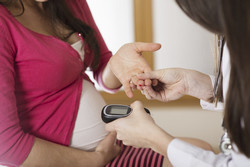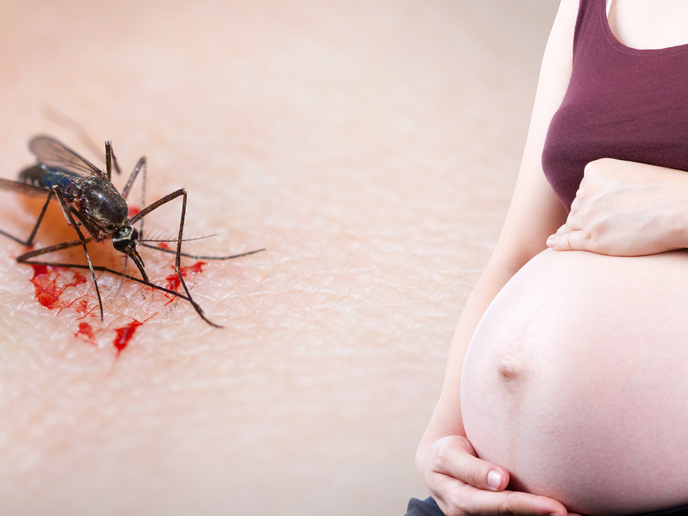Maternal obesity linked with offspring health
Obesity has become a major health issue in the EU, with over 30 % of women of reproductive age being overweight and 20 % obese. Babies born to obese mothers are exposed to perturbed insulin levels due to the mothers' insulin resistance. Additional evidence shows that the placenta in obese mothers expresses higher levels of pro-inflammatory molecules. Combined with pathological glucocorticoid exposure, babies could suffer from greater birth weight and blood pressure. The EU-funded DORIAN (Developmental origins of healthy and unhealthy ageing: The role of maternal obesity) project has improved our understanding of the basic early developmental mechanisms that impact health in later life. Epidemiological analysis of existing birth cohorts has so far indicated an association between maternal body mass index (BMI) and offspring BMI as well as diabetes development. Interestingly, this relationship was prominent in women and not men. In contrast, men of low birth weight born to obese mothers showed a higher risk of developing cardiovascular disease. Results suggest that maternal obesity has deleterious effects on maternal and offspring behaviour, metabolism and neuroendocrine profiles during adulthood and ageing. The researchers also observed gene environment interactions involving DNA methylation and DNA ageing - many genes were found to be differentially methylated in neonates born to obese versus lean mothers. Moreover, a higher maternal BMI with excessive weight gain during pregnancy resulted in shorter telomere length in the offspring, as observed both at birth and in adult offspring. Glucocorticoid stress response activation that reduces immune response in the adult offspring was another significant side-effect of obese pregnancy in non-clinical models. DORIAN scientists have identified one therapeutic target to avoid this stress response – glucocorticoid responsive gene, FKBP51. Also on a positive note, DORIAN project researchers have recommended the benefits of exercise training in adult offspring of obese mothers as they have a lower predisposition to participate in physical activity. Press releases ensured that project results were disseminated to end users. Such extensive media attention should result in DORIAN deliverables being translated into increased awareness for health authorities and the public at large.







